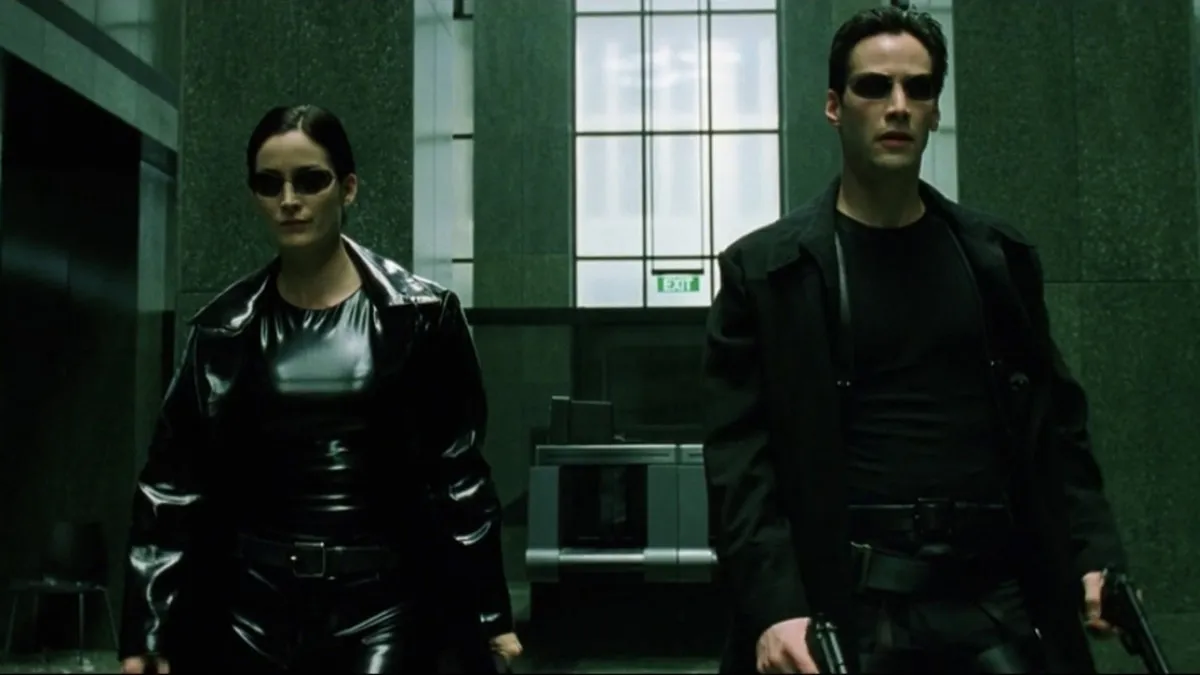When it comes to transgender representation in media, a lot of it has been problematic, making trans folks the subject of jokes or just dehumanizing stereotypes, often played by cis people. As a result, a lot of transness has been expressed through allegory, as a way to keep it from being fully erased, as director Lilly Wachowski explains in a recent video for the documentary Disclosure.
Disclosure is a Netflix documentary that explores the history of transgender representation in media, highlighting the progress that has been made while addressing how media shaped a lot of trans people in coming into their own. I highly recommend it because I think it perfectly highlights how, despite the way people will defend the normalization of transphobia in the 2000s, it impacted the way trans folks saw themselves—especially since that was all there was.
One of the people featured in the documentary is Lilly Wachowski, one of the Wachowski sisters who created one of the most innovative, successful sci-fi movies of all time, The Matrix.
Wachowski discusses how, within science fiction, where transformation and the impossible is possible, a space is created for people, especially trans people, to see themselves, and The Matrix has become even more so a part of that. Wachowski also discusses how, at the time, “the world wasn’t quite ready, at a corporate level” for the film to be the trans allegory that it was originally intended to be.
She mentions the character of Switch was originally going to be a man in the “real world” and a woman in the Matrix, but that didn’t end up happening. Wachowski also says that while she doesn’t know how much of her transness was present in the writing of the story it, “all came from the same fire.”
“It’s why I gravitated towards science fiction and fantasy,” she says. Games like Dungeons and Dragons allowed for the creation of worlds and imagination and dialogue for feelings that didn’t have words yet.
“When you make movies, it’s this public art form,” she says about the discussion of the trans allegory in the film. “I think any kind of art that you put out in the universe, there’s a letting-go process because it’s entering into public dialogue. I like that there’s an evolution process that we, as human beings, engage in art in a non-linear way—that we can always talk about something in new ways and in new light.”
I remember, when I first watched The Matrix, how surprised I was that a film that had been so co-opted by certain sections of the internet was such a subversive, interesting film with a huge heart and a lot of good to say. I loved watching it, and I am excited to see what the Wachowskis do next.
(via io9, image: Warner Bros.)
Want more stories like this? Become a subscriber and support the site!
—The Mary Sue has a strict comment policy that forbids, but is not limited to, personal insults toward anyone, hate speech, and trolling.—









